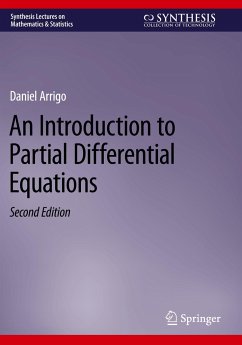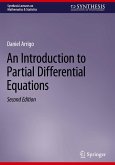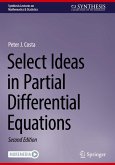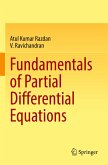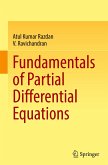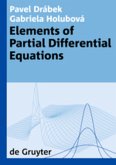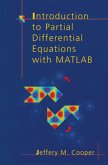This textbook is an introduction to the methods needed to solve partial differential equations (PDEs). Readers are introduced to PDEs that come from a variety of fields in engineering and the natural sciences. The chapters include the following topics: First Order PDEs, Second Order PDEs, Fourier Series, Separation of Variables, the Fourier Transform, and higher dimensional problems. Readers are guided through these chapters where techniques for solving first and second order PDEs are introduced. Each chapter ends with series of exercises to facilitate learning as well as illustrate the material presented in each chapter.
"This book offers a bit more relaxed approach but still provides a solid introduction. ... This is a plain but appealing text that would work well in courses for mathematics majors as well as science and engineering majors. It introduces the relevant subjects simply and clearly. Carefully chosen exercises come in each chapter with solutions in an appendix. This is one book that would work reliably for self-study." (Bill Satzer, MAA Reviews, November 21, 2023)

